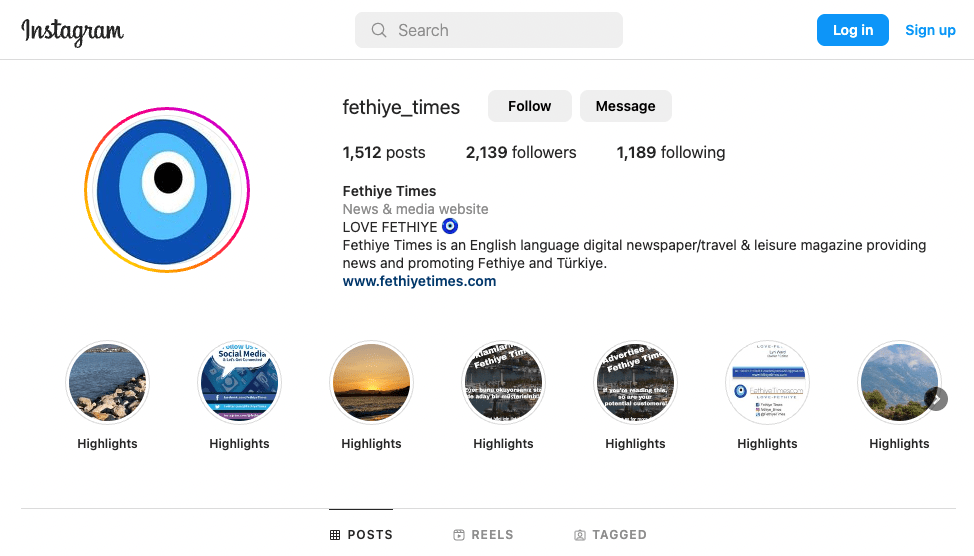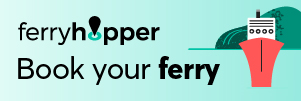Farklı bir dil, farklı bir yaşam vizyonudur – A different language is a different vision of life.
If you are a first-time visitor to Türkiye, you will find a very different world awaits you. It’s an assault on the senses; stunning scenery, colours and hues of every shade, a çaycı delivering an endless supply of tea, the sound of cicadas calling their summer song, the call to prayer (Ezan) from the mosques and the cries of street vendors, all wrapped up in the feeling of warmth that envelops you when you step off the plane.
Having very quickly learned to appreciate Türkiye using all of the senses, there is one sound that may take longer to become familiar with – the language.
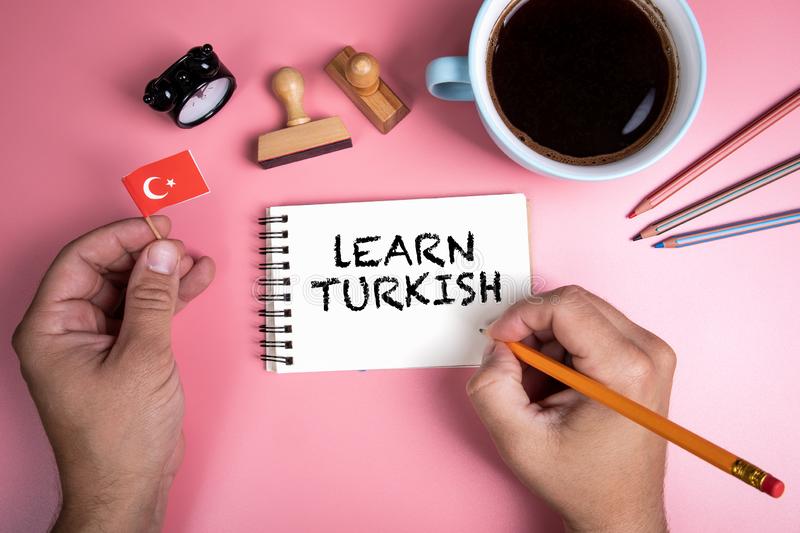
The Turkish Language
Turkish is spoken by around 81 million people. It is an official language in Türkiye, Northern Cyprus, and Cyprus and is recognised as a minority language in Bosnia and Herzegovina, Greece, Iraq, Kosovo, North Macedonia and Romania. Turkish is also spoken by significant smaller groups of speakers in some European countries. In Germany, almost 3 million people speak Turkish.
Turkish belongs to the Altaic branch of the Ural-Altaic family but it has also had a lot of influence from Arabic.
Once you know the origins of Turkish it explains why it sounds so different to the Latin-based languages you may have learned in school and is, at first, so alien to the ear.
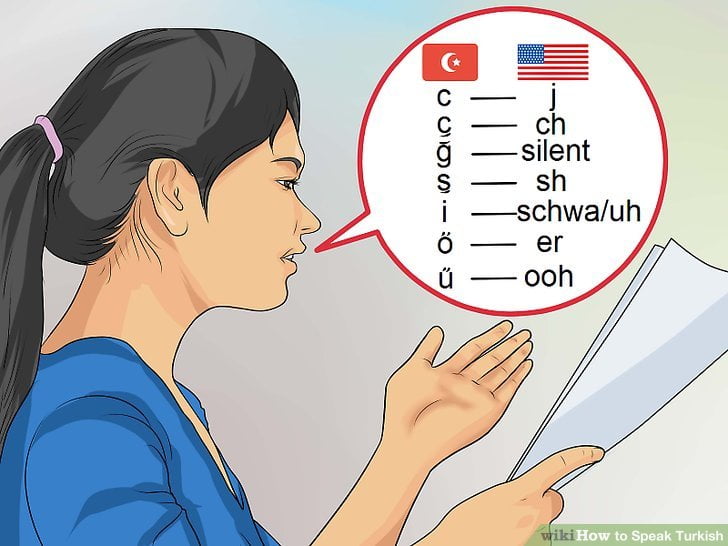
Don’t let that put you off. It’s a wonderful, musical language and once you learn a few words you’ll have an endless craving to know more.
Where do you start?
Turkish people love it when you take the time to learn even a few words of their language. You may stumble over a few pleasantries, but they will be quick to tell you how good your Turkish is and be happy to teach you more. Enjoy moments of hilarity as you try to contort your mouth to pronounce the more difficult sounds (ask a Turk to pronounce a “w” for a bit of good-natured payback)
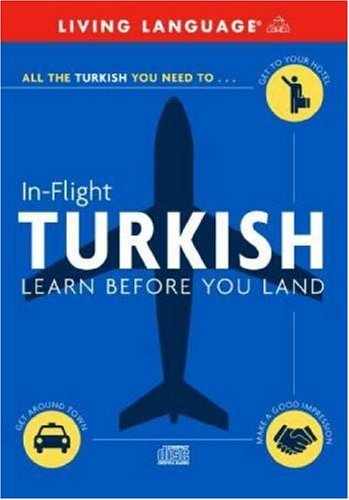
You don’t need to go to Turkish lessons or buy a full language course. Try In-Flght Turkish: Learn Before You Land. This 60 minute course will give you enough of the basics including polite expressions and greetings to help you make the most of your holiday.
Have a listen to Lesson 1
Saying Hello
Click here for more information from wikiHow to Speak Turkish
Duolingo

Download the Duolingo App onto your phone or tablet and you can learn learn Turkish ‘on the go’ with fast, five-minute lessons.
Basic Expressions
Just in case you haven’t had time, here are some basic expressions to get you started.
Merhaba (MER-hah-bah) – Hello.
Günaydın (gewn-ai-DIH(R)N) – Good morning.
İyi Akşamlar (ee-ee AHK-shahm-LAR) – Good evening.
Teşekkür ederim (teh-SHEH-kewr eh-DEH-reem) – Thank you.
Çok teşekkür ederim (CHOHK teh-SHEH-kewr eh-DEH-reem) – Thank you very much.
Rica ederim (ree-JAH eh-DEH-reem) – You’re welcome.
Memnun oldum (MEHM-nuhn OHL-dum) – It’s nice to meet you.
Evet (EH-vet) – Yes.
Hayır (HAH-yih(r)r) – No.
Lütfen (LEWT-fehn) – Please.
Görüşürüz (guh(r)-REW-shew-rewz) – See you.
Menü lütfen (MEH-new LEWT-fehn) – The menu please.
Hesap lütfen (heh-SAHP LEWT-fehn) – The bill please.
Google Translate
These days there is no need to carry phrase books and dictionaries with you.
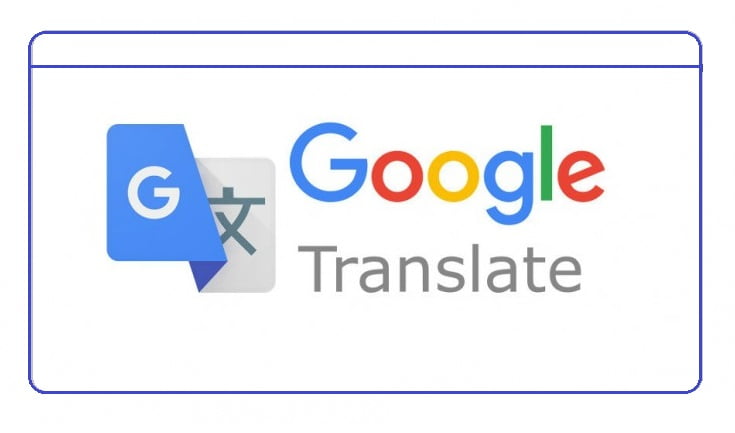
Google translate is a free service that instantly translates words, phrases, and web pages between English and over 100 other languages.
The translation may not be perfect but it will give you a good idea of what is being said.
Click here for more information on downloading and using Google translate.
Turkish lessons
If you live here, you might want to consider taking lessons, it makes life so much easier if you can speak the language.
There are various Turkish language courses in Fethiye for those who are serious about learning more.
Have a go
Next time you’re in Fethiye why not have a go and let us know how you get on.
İyi şanslar! (Good luck!)
This article was first published on 17 May 2019.







